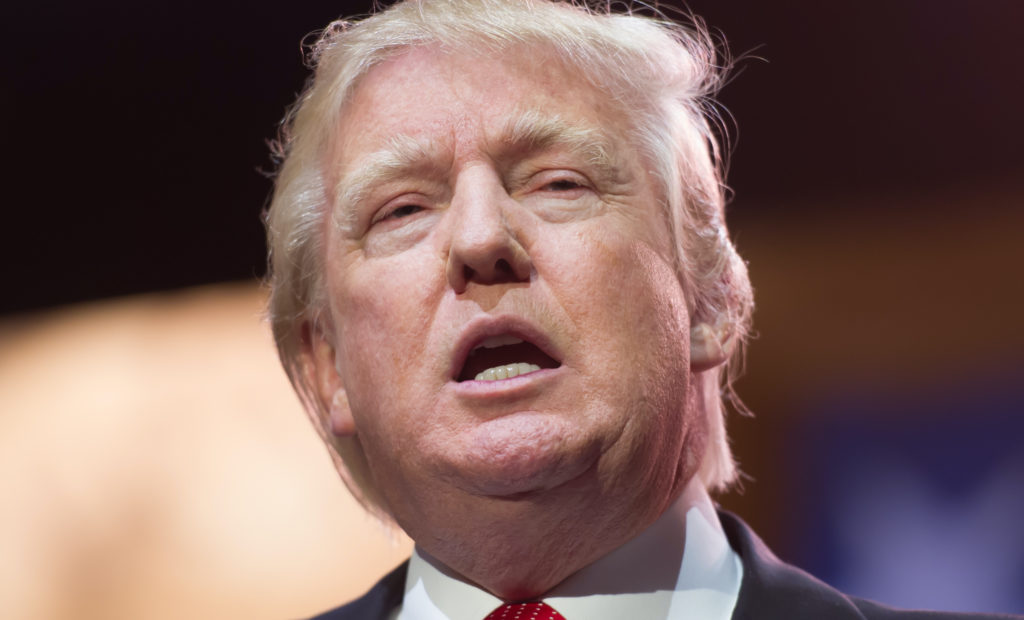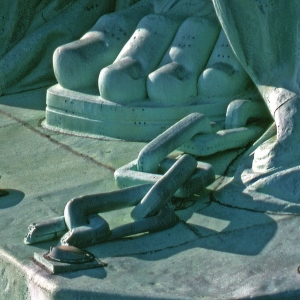Donald Trump’s swamp has turned into quicksand

Donald Trump’s dictatorial response to the ongoing Black Lives Matter protests, especially in Portland, Oregon, has been breathtaking. Trump’s deployment of federal agents to batter and suppress protestors in many ways mimics the kind of authoritarian abuse of executive authority in policing that we see in dictatorships around the world.
Just Security said it best: “It doesn’t take a legal expert to know that what’s happening in Portland, Oregon is an abuse of power. When unidentified federal forces dressed as soldiers pull people off the streets into unmarked vans, something is gravely wrong.”
Trump’s desperation is palpable. In his pursuit to create a new strawman for him and his supporters to abuse, he’s inadvertently strayed far from his most powerful weapon—racial fearmongering. An opinion piece in The Guardian explains: “[T]he problem is that the Portland protests play only to one of Trump’s ideological strongholds: authoritarianism. Given that Portland is the whitest big city in the US, the vast majority of protesters are white, which leaves his biggest asset, racism, largely irrelevant. Similarly, populism is largely useless, as few people will believe that ‘the elite’ live in, or deeply care for, Portland – unlike, for instance, New York.”
Is there proof? It seems like it. Reuters reports that “…52% of American adults say they are sympathetic to those who are still gathering to protest the police treatment of minorities, especially African Americans, about 12 percentage points lower than a similar poll that ran in mid-June.” In other words, it seems likely that people seem to be less concerned about the remaining protestors, many of whom are in Portland, in no small part because they’re white. And that makes complete sense. I readily admit that my concerns for protestors were mainly for black and brown protestors because they’re the most vulnerable to police brutality.
This all adds up to a major misstep by Trump—one that will surely have election day consequences. More traditional conservatives are likely to disapprove of Trump’s abuse of power in deploying federal agents, further disenchanting them from the party they once ran. Back in April, NPR reported about how young people’s disapproval of Trump seems like it might, for once, mobilize the youth vote in 2020. Trump’s dictatorial actions since April have surely done nothing but energized the youth bloc even more.
At this point, Trump is not bogged down in his own swamp, he’s panicking in quicksand. What lies between now and November third seems likely to reflect that panic.

Democracy thrives in snarkiness
